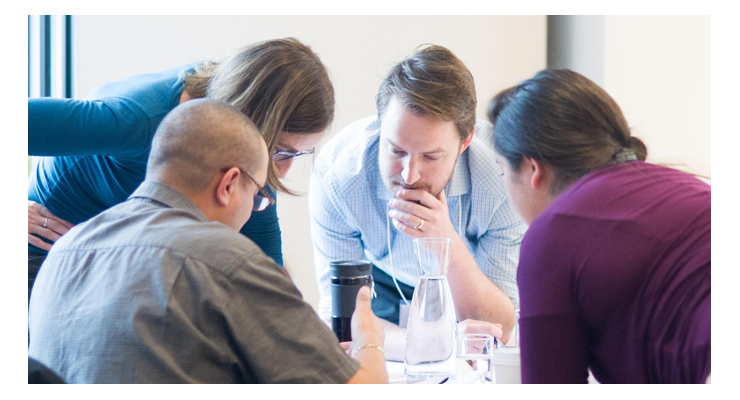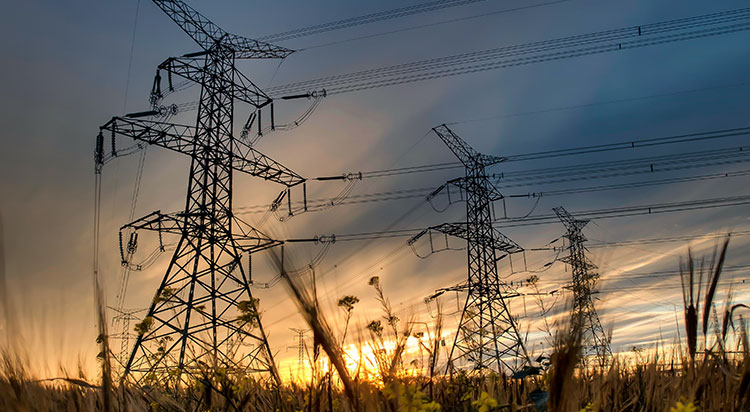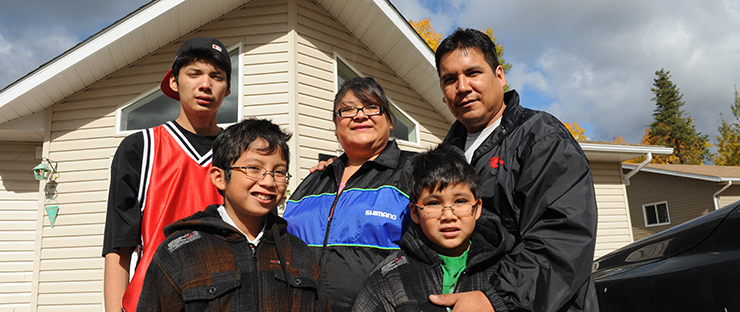IESP Overview
What is the Indigenous Energy Support Program?
The Indigenous Energy Support Program (IESP) promotes broad equitable participation in Ontario’s energy sector for First Nation and Métis communities and First Nation and Métis organizations by supporting community capacity building, including energy planning and energy infrastructure development, as well as the building of energy knowledge and awareness, and skills related to energy projects.
Details regarding the next intake period for 2026 will be provided here once available.
Please see the Program Documents and Resources page for program documents. Please contact the IESO’s Indigenous Energy Support Program with any questions.
The Program provides funding through three Areas of Funding (AOF):
- Capacity Building
- Economic Development
- Energy Resiliency & Monitoring
1. Capacity Building
Through the Capacity Building AOF, the IESP provides funding to support awareness, education, skills, and capacity building initiatives to help prepare First Nation and Métis communities and organizations to fully leverage energy opportunities and contribute to cleaner, more reliable, and more affordable energy systems. Initiatives funded through the Capacity Building AOF may include, but is not limited to:
- Capacity Building (Part A)
- hiring a designated Community Energy Champion (CEC) within their community or organization;
- expenses such as equipment, training, engagement, or travel related to the work of the CEC;
- Capacity Building (Part B)
- community energy engagement;
- energy skills building, project training and certifications;
- innovative knowledge/data sharing models.

2. Economic Development
Through the Economic Development AOF, the IESP provides funding to support equitable access to project partnerships and development leading to clean, reliable and affordable supply-side solutions for First Nation and Métis communities and Organizations. Initiatives funded through the Economic Development AOF may include, but is not limited to:
- feasibility studies;
- due diligence work required to assess and develop opportunities for partnerships and participation in new or existing energy infrastructure projects, including projects being developed as part of a government procurement or policy and non-rate-based private ventures with commercial partners;
- costs associated with developing energy infrastructure projects, including renewable energy, battery storage and other emerging technologies; and
- other innovative electricity supply-side solutions.

3. Energy Resiliency & Monitoring
Through the Energy Resiliency & Monitoring AOF, the IESP provides funding to support First Nation and Métis communities and organizations in the development, planning and implementation of community energy plans and initiatives. Initiatives funded through the Energy Resiliency & Monitoring AOF may include:
- development of a new community energy plan;
- updating an existing community energy plan;

When Can I Apply?
Details regarding the next intake period for 2026 will be provided here once available. Please see the Program Documents and Resources page for program documents.
You may refer to the application process for more information.
Who is Eligible?
First Nation and Métis communities and organizations in the province of Ontario can apply for funding. See the Program Guidelines for more details.
Non-indigenous entities working in partnership with, and for the benefit of, First Nation or Métis communities or organizations (joint applicants only).
Contact IESP Staff
The IESP team is here to help you at any point along the way. Applicants needing more information or interested in making a submission should email iesp@ieso.ca.
